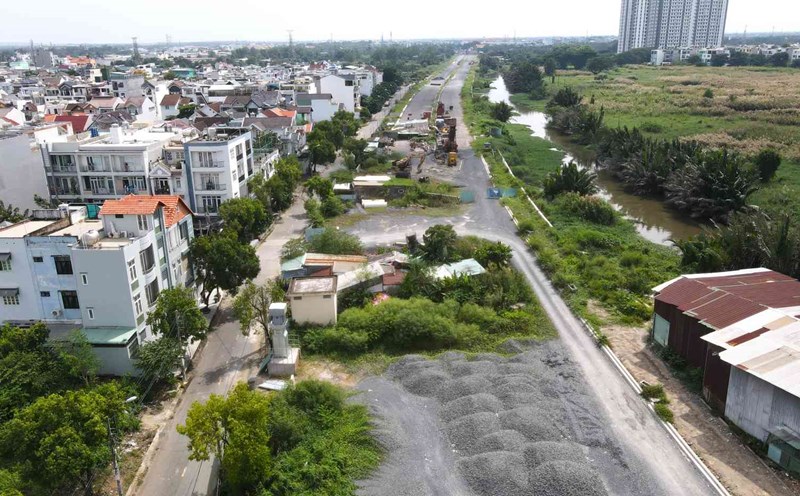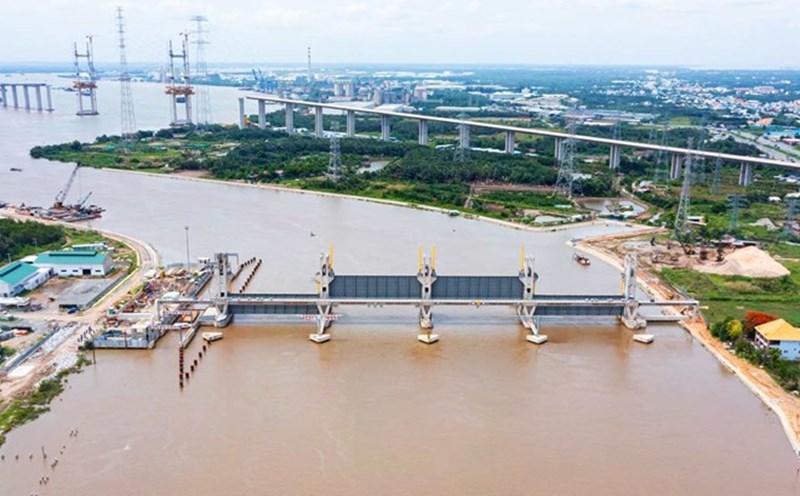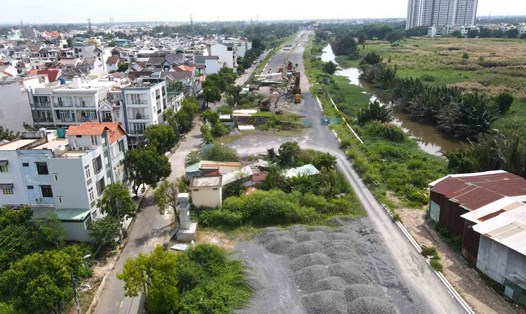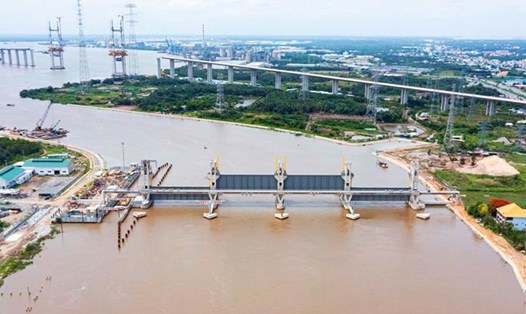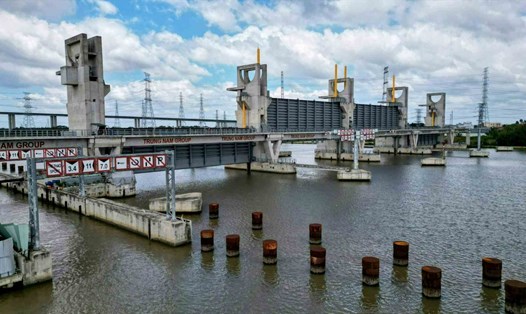This plan sets out three main objectives: Comprehensively review backlog projects under management, identify causes of problems and responsibilities of each related unit; propose specific solutions to thoroughly handle them, including projects outside the city's authority; effectively use resources from land, public assets to investment projects, and avoid resource loss.
The plan emphasizes strict handling of responsibilities for organizations and individuals causing delays or evading responsibilities, while encouraging initiatives to help overcome difficulties.
Accordingly, the backlog projects are classified into 5 main groups. The first group is public investment projects, investment under the Investment Law or implemented under the public-private partnership (PPP) method.
The second group includes public assets such as headquarters and offices that are not used or used inefficiently.
The third group is projects of state-owned enterprises or projects with state capital contributions, including projects implemented by FDI enterprises but using public assets.
The fourth group is projects that are legally entangled due to inspection, investigation, and trial. The last group is large plots of land in prime locations that have not been exploited.
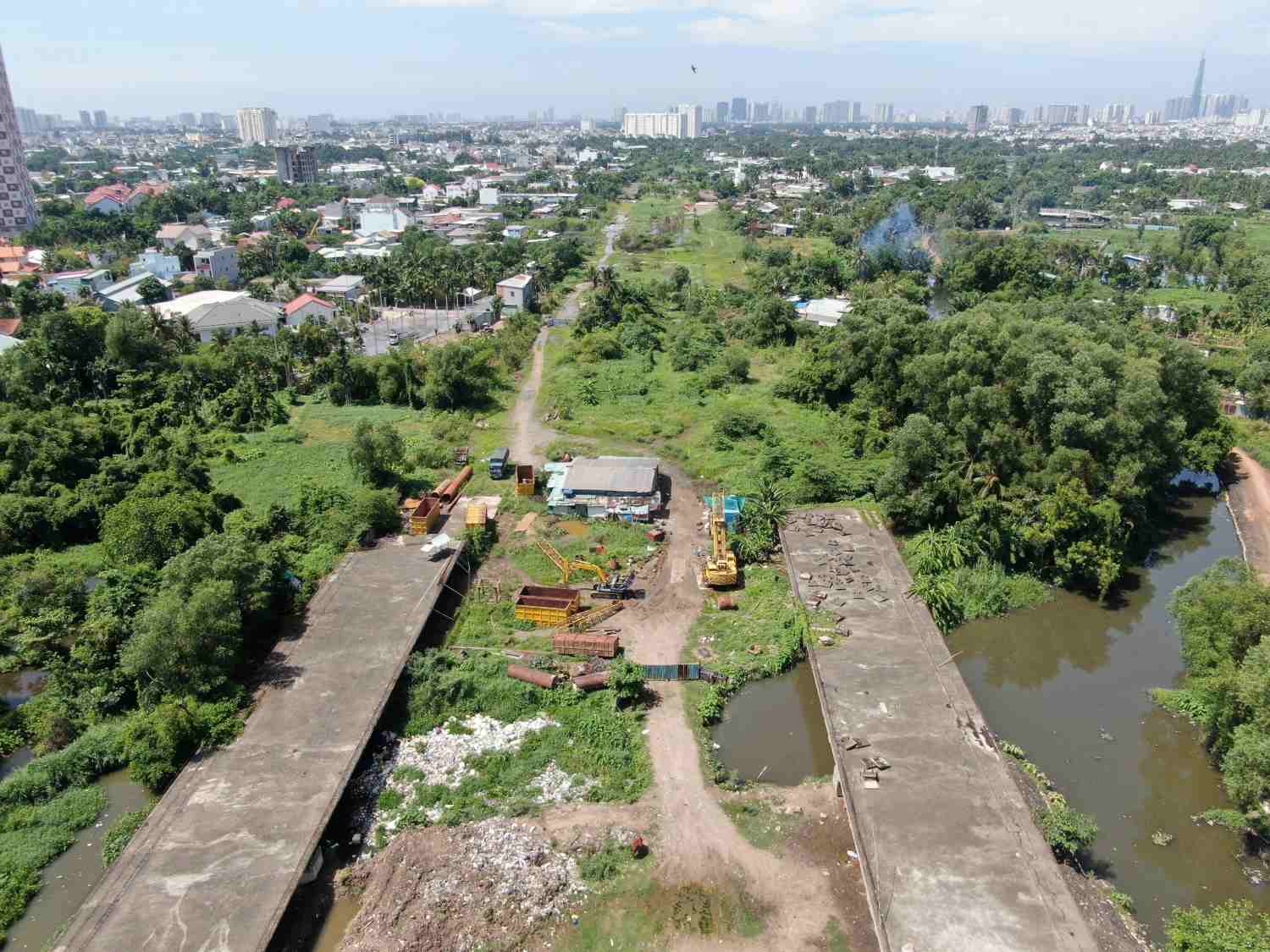
The handling plan is implemented through 5 main steps. The first step is a comprehensive review, requiring departments, branches, sectors and People's Committees of districts to complete a comprehensive review of outstanding projects before November 20.
The Department of Planning and Investment of Ho Chi Minh City is assigned as the focal point, responsible for synthesizing the project list and proposing specific handling plans for each case.
The second step is to classify and assign tasks, in which projects are divided according to the level of difficulty and the authority to resolve. The city also focuses on about 10 - 20 outstanding projects that can be completely resolved in 2024 to create a common driving force.
The third step is to develop a detailed plan, to be implemented from December 1 to December 31, 2024. Ho Chi Minh City will develop a specific plan for each project, including information on legal documents, causes of delays, and necessary procedures to resolve them. Priority projects will be accelerated during this period.
Next, the fourth step is to implement the resolution of the problems according to the approved detailed plan. The assigned agencies will be responsible for completing administrative procedures, ensuring that the projects are implemented or thoroughly handled in accordance with legal regulations.
Finally, the fifth step is to summarize and evaluate the entire implementation process, expected to take place from December 1, 2025 to December 31, 2025.
Ho Chi Minh City will organize a conference to summarize and study related legal issues to recommend to the Central Government to amend mechanisms and policies to prevent similar situations from recurring.

